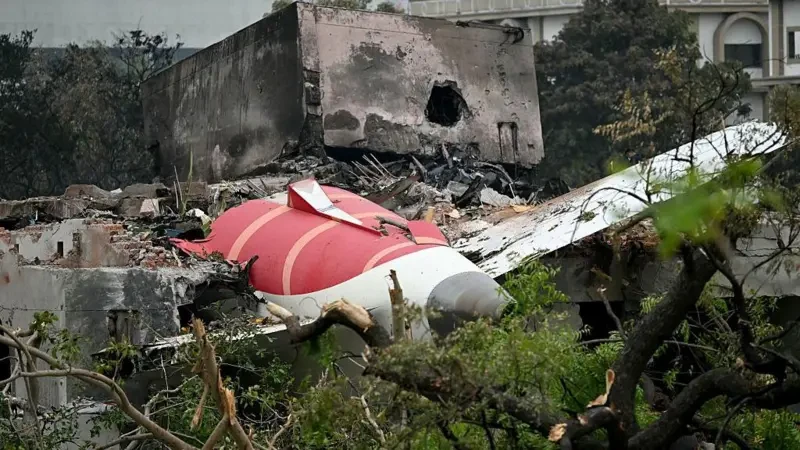روایتی طور پر جاپان میں بیویوں کے ہاتھوں میں تنخواہیں دینے کا رجحان دوسری In Japan, it is a traditional and common practice for husbands to give their entire salary to their wives, who then manage the household finances and provide the husband with an allowance (known as "kozukai"). This practice sRead more

* Traditional Gender Roles: Historically, Japanese society has had clearly defined gender roles, with men as the primary breadwinners and women as the primary caregivers and managers of the household. This division of labor extended to finances, with wives taking on the responsibility of budgeting, paying bills, and saving for the family’s future. While these roles are slowly evolving, the tradition persists in many households.
* Absence of Joint Bank Accounts: Japanese banking laws traditionally do not allow for joint bank accounts in the same way that Western countries do. This means that a couple cannot simply pool their income into a shared account. Therefore, a system evolved where one partner (typically the wife) takes charge of all the incoming funds and manages them.
* Financial Security for the Wife: In a system where only one person has access to the main income, if that person were to control all the accounts, it could leave the other partner with no financial stability. By the wife managing the salary, she has direct control over the household’s funds, providing her with financial security and the ability to manage daily expenses and savings.
* Efficiency and Budgeting: Many view this system as efficient for household budgeting. The wife, often being the one primarily responsible for daily household affairs, groceries, and children’s expenses, is in the best position to track and manage the family’s overall spending. This is also linked to the “kakeibo” budgeting method, a traditional Japanese system of meticulously tracking income and expenses, often maintained by the wife.
* Mutual Agreement and Trust: While it might seem unusual from a Western perspective, this arrangement is often based on mutual agreement and trust between spouses. It’s an established part of many marriages, where both partners understand and accept their respective financial roles. The “kozukai” (allowance) for the husband is then his personal spending money.
* “Hesokuri” (Secret Savings): An interesting aspect related to this practice is the concept of “hesokuri,” which refers to secret savings that wives might stash away without their husbands’ knowledge. This money is often for emergencies, long-term savings, or personal use, and it highlights the wife’s autonomy and foresight in managing finances.
While there are ongoing discussions about changing gender roles and financial independence in Japan, the practice of wives managing the family’s entire salary remains a significant part of Japanese household finance management.












The tension between Thailand and Cambodia primarily stems from a long-standing border dispute, heavily focused on the area surrounding the 11th-century Preah Vihear temple. Here's a breakdown of the key causes: * Colonial-era border demarcation: The roots of the dispute lie in maps drawn by the FrenRead more
 The tension between Thailand and Cambodia primarily stems from a long-standing border dispute, heavily focused on the area surrounding the 11th-century Preah Vihear temple.
The tension between Thailand and Cambodia primarily stems from a long-standing border dispute, heavily focused on the area surrounding the 11th-century Preah Vihear temple.
See lessHere’s a breakdown of the key causes:
* Colonial-era border demarcation: The roots of the dispute lie in maps drawn by the French colonial power in 1907, which were intended to delineate the border between then-Siam (Thailand) and French-controlled Cambodia. Thailand argues these maps are inaccurate and were not knowingly accepted, while Cambodia uses them as the basis for its territorial claims. The vagueness of the watershed line used in the mapping has allowed for competing interpretations.
* The Preah Vihear Temple: This ancient Hindu temple, perched on a cliff in the Dângrêk Mountains, is the most prominent flashpoint.
* ICJ Rulings: In 1962, the International Court of Justice (ICJ) ruled that the temple itself lies within Cambodian territory, based on the 1907 French map. However, Thailand continued to claim the surrounding land. In 2013, the ICJ reaffirmed its ruling, declaring that the land around the temple also belonged to Cambodia.
* Nationalist Pride: For both countries, the temple is a powerful symbol of national identity and cultural heritage. This fuels strong nationalist sentiments, making it difficult to compromise on territorial claims.
* UNESCO World Heritage Site: Cambodia’s successful bid to list Preah Vihear as a UNESCO World Heritage Site in 2008 further intensified tensions, as Thailand feared it would legitimize Cambodia’s control over the surrounding territory.
* Unclear Borders Beyond Preah Vihear: While Preah Vihear is the most well-known, there are other ancient temple sites and areas along the 800km shared border where demarcation remains disputed, such as Ta Muen Thom and Ta Krabey temples.
* Recent Escalations and Triggers:
* Landmines: Recent clashes have been triggered by incidents involving landmines, with Thailand accusing Cambodia of newly planting them (which Cambodia denies, attributing them to remnants of past conflicts).
* Political Instability: Domestic political upheaval in both nations can sometimes exacerbate border tensions, as leaders may use nationalist rhetoric for political gain.
* Military Encounters: Direct military confrontations, including exchanges of fire and accusations of territorial incursions, frequently lead to diplomatic breakdowns and further escalate the situation.
In essence, the tension is a complex mix of historical grievances, unresolved colonial-era border issues, the symbolic importance of cultural sites like Preah Vihear, and ongoing nationalistic sentiments.